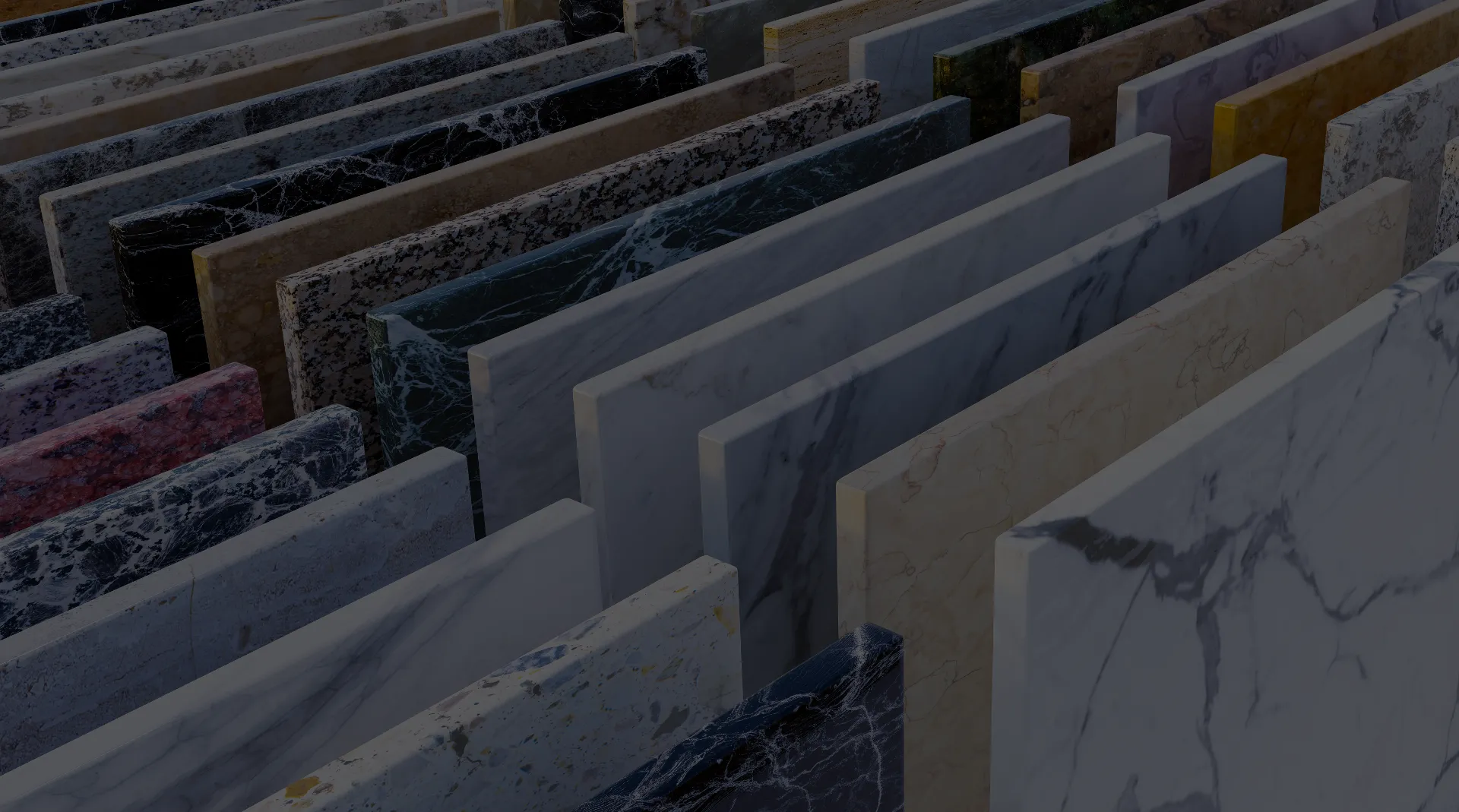
Quartz, granite, concrete, and marble materials for countertops all standout. However, because all of these options have unique characteristics, their maintenance requirements will vary. If you want counters that are easy to clean, pick something that's made of quartz or granite. Although concrete and marble are attractive, more maintenance is needed to keep these materials in optimum condition. In this countertop cleaning guide, you'll learn how to take care of quartz, granite, concrete, and marble countertops.

The goal in a busy kitchen is to keep all counters like new. Typically, you can accomplish this by avoiding common problems during food preparation and cooking routines. The following rules will help you protect and preserve common kitchen countertops.
When something spills on a quartz countertop, always wipe up the liquid immediately. Quartz has solid stain-resistant properties; however, it isn't totally stain-proof. This means that a spot will permanently stay on a quartz countertop if rapid cleanup procedures aren't implemented.
Granite is a very porous material, so liquid can easily seep through its surfaces. As a result, you must clean all spills with an absorbent paper towel.
Concrete countertops can stain very easily, and etching can also occur along some portions of a slab. In order to simplify concrete maintenance routines, you must apply a sealer and wax onto the material once a month.
Marble is vulnerable to acidic ingredients and solutions. If something that has acidic properties spills on marble, a chemical reaction will occur, and the process will damage the marble.
For general stains, clean the quartz with a soft cloth. If you're concerned about dust, use a microfiber cloth as it will effectively capture all stray dust particles. To eliminate tough stains, simply wipe the quartz with a soft sponge. These strategies will help you maintain a quartz countertop following most daily routines. If you want to learn how to clean quartz countertops during other situations, you can use the following cleaning techniques:
Sticky substances can dry up and create harden stains on a quartz counter. You can get rid of these stains with a plastic putty knife.
You must loosen grease stains with a degreaser when they dry up on a quartz countertop. Before using any degreaser, always follow the manufacturer's usage instructions.
Although generic countertop cleaning products are inexpensive, avoid using them on granite as they can severely damage the material. The big problem is that generic cleansers contain risky acids that slowly degrades the protective coating that's generated after a granite sealer dries. Once the sealer is gone, staining will occur more easily.In some cases, popular household cleansers could also damage granite surfaces if a formula has specific ingredients. For example, ammonia is a very risky cleanser component since it can fade or degrade granite. Vinegar can cause the same problems after it's applied onto a granite slab.However, there are a few unique ammonia-based and vinegar-based cleansers that won't destroy granite. If you want to use these countertop cleaning products, buy cleansers that are suggested by the granite's manufacturer.
After you've learned how to clean granite countertops, apply a polish that doesn't contain a lot of acids. If possible, avoid any products that are made with
The simplest way to polish and protect a granite counter is by making your own solution by mixing a ¼ cup of baking soda with three cups of warm water. Apply this solution on the granite with a soft cloth. Then, use another cloth to buff the counter.
The process of cleaning a concrete counter can be somewhat simple or very complicated. Typically, the difficulty level is influenced by the sealer that's placed on each concrete countertop slab. A basic sealer for a concrete countertop will prevent water damage and stains.For other problems, you'll need to implement tactical maintenance procedures in order to protect a concrete countertop. For example, since an average sealer is made of plastic, heat can break away its protective layer. As a result, you should never rest a hot pan or pot on a sealed concrete countertop.Concrete that's designed for kitchen counters is a somewhat delicate material, so it can't handle strong bleach-based cleansers. To effectively clean stained surfaces without degrading the concrete, you'll have to wipe or scrub the material with mild dish detergent.New concrete countertops will require long-term maintenance as well. During these jobs, you'll need to apply extra topcoats on the concrete slabs. The new coats will strengthen thin layers that generated on the countertops following frequent cleaning routines.
To take care of marble, you must set aside time to apply a new sealer when it's needed. Since some marble materials are made differently, some varieties may not need sealing. You can determine whether or not a sealant is required by contacting a supplier or manufacturer.During simple cleaning jobs, you eliminate grime with a cotton cloth and a mild soap. However, you must lather the marble wisely because consistent cleaning with soap can make the countertop dull.
By using these countertop care strategies, you won't have to deal with harsh stains that can ruin your counters. Overall, if you want an easy maintenance schedule for each kitchen countertop, invest in quartz or granite. If you're interested in doing just that, contact Fox Granite today to book your free consultation and estimate.
